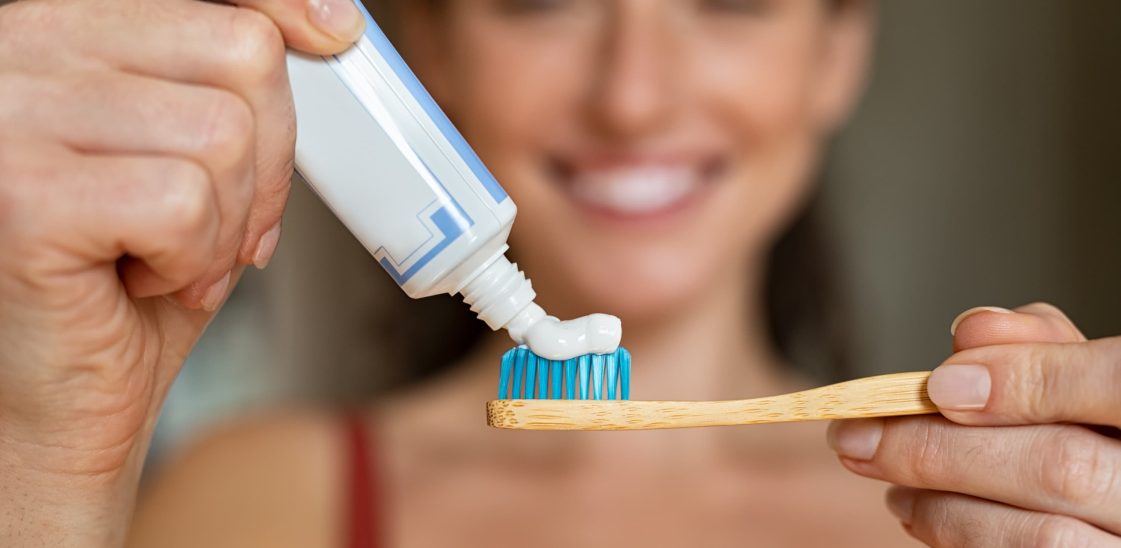
How to keep teeth healthy without a dentist
We all know how important it is to visit your dentist for regular check ups, but if you’re struggling to get an appointment or you’re just too busy with your other commitments, you might be wondering what you can do at home to keep your teeth in the best possible condition.
Keep reading to learn more about looking after your teeth at home.
How to take care of your teeth without a dentist
If you have a dental problem, such as bleeding gums, a cavity or a broken crown, you should seek professional dental care as soon as possible. Consider getting an emergency dentist appointment if your problem is severe.
However, if you’re simply looking to maintain the good health of your teeth and gums, there are three main areas of oral hygiene to think about in between dental check ups. These are:
-
- Cleaning your teeth thoroughly to remove damaging particles and bacteria
-
- Eating well to limit the damage caused by food and drink
-
- Using protective dental equipment to shield your teeth where necessary
Let’s take a look at each of those techniques in more detail.
Stick to a thorough oral hygiene routine
Unfortunately, it can be easy for hectic lifestyles to get in the way of a good oral hygiene routine, but that doesn’t mean you shouldn’t keep trying. A thorough oral hygiene routine includes:
-
- Interdental cleaning
-
- Brushing the teeth
-
- Scraping the tongue
It might be easier to remember to clean your tongue and in between your teeth if you have the supplies by your sink ready and waiting. That way, you’ll see them when you go to brush your teeth. It’s also important to make sure you’re using the right tools for you.
Interdental brushes like Dentek’s Eco Easy Brush Set come in a variety of sizes so you can get the right size to fit between your teeth comfortably. You can even get a mixed pack to help you find the right size if you’ve never used them before. And when it comes to cleaning your tongue, a purpose-built tool that’s based on dentists’ equipment, such as Dentek’s Orabrush Tongue Scraper, can make the job more effective.
If you’ve been struggling to get into the habit of flossing or cleaning your tongue, it can be disheartening to look back on your progress and see those days you didn’t manage to practise the habit. That’s why we recommend a change of mindset. Of course it’s ideal to floss twice a day seven days a week, but it’s also better than nothing even if you only managed to floss once in the week. Try to focus on the days you did achieve your goal rather than when you didn’t in order to build your habit quicker.[1]
Think about what you eat and drink
Another important part of dental hygiene centres on what you’ve eaten rather than how you’ve cleaned it away. No matter how well you clean your teeth, the food and drink you consume will have some effect on your oral health, so it’s good to have an awareness of what foods are good for your teeth.
Of course, that’s not to say you can never have foods that aren’t so good for your teeth, such as sugary or acidic foods. Instead, consider reducing the amounts of these foods you eat in order to prioritise your dental health. That way, having those foods or drinks can become a meaningful treat for special occasions.[2]
Protect your teeth during the night
You might think that sleeping can’t possibly affect your dental health, but that’s not necessarily the case. Many people unconsciously grind their teeth while lying in bed or sleeping, particularly if they’re stressed or worried about something. This grinding can wear away the enamel on the surfaces of your teeth, eventually leading to sensitivity and potentially even cavities.
Fortunately, there’s a fairly simple way to avoid this, and that’s to protect your teeth with mouth guards such as Dentek’s Maximum Protection Dental Guards. These shields put a barrier between your upper and lower teeth to protect them, using simple moulding technology to ensure a comfortable fit for your mouth.[3]
Resources:
[1] https://www.nhs.uk/live-well/healthy-teeth-and-gums/how-to-keep-your-teeth-clean/
[2] https://www.dentalhealth.org/diet-and-my-teeth




